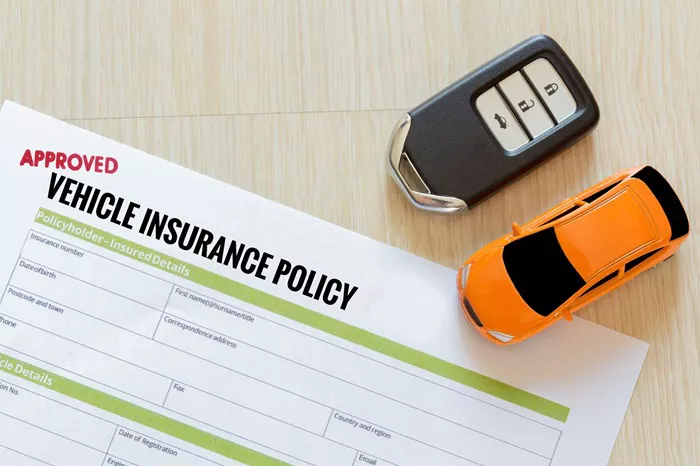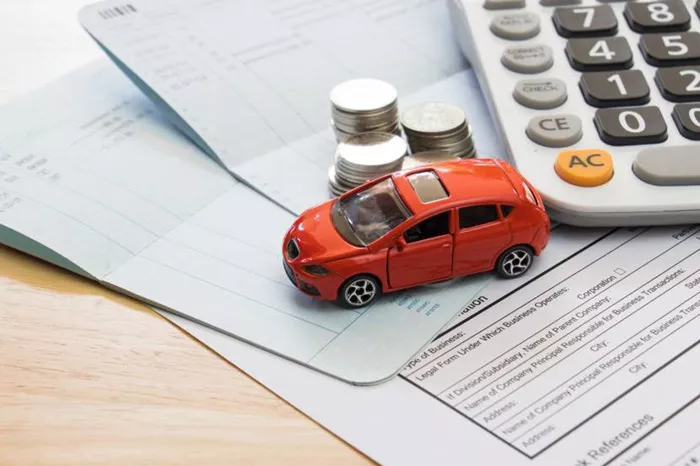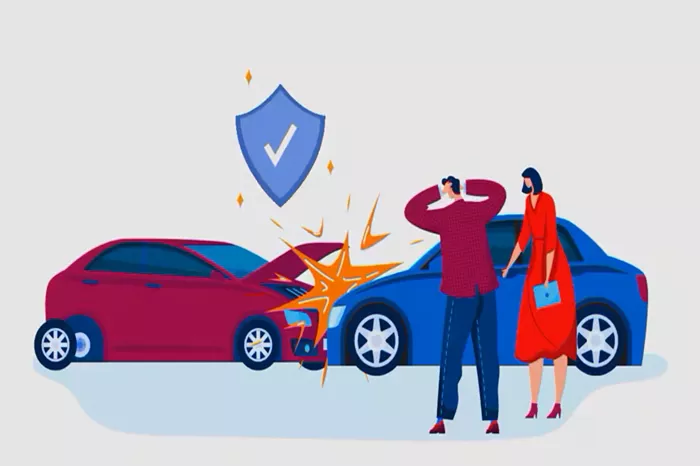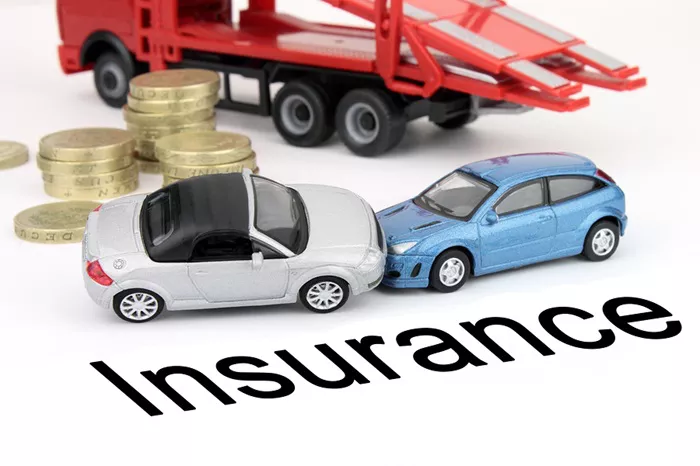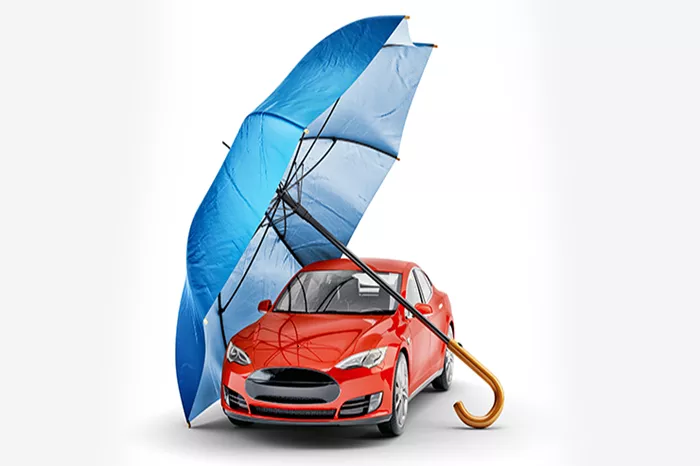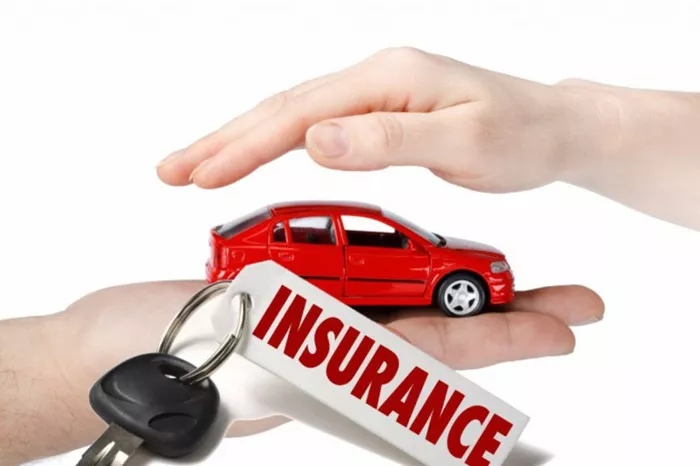When you’re out on the road with your RV trailer, it’s essential to have the right insurance coverage. An RV trailer offers a unique experience, combining the comfort of a home with the adventure of travel. But just like any vehicle, it can face accidents, natural disasters, or unexpected damages. That’s why having good RV trailer insurance is crucial. But with so many options available, how do you know which one is the best?
This article will guide you through everything you need to know about RV trailer insurance, how to choose the best policy, and what factors to consider when shopping for coverage.
What Is RV Trailer Insurance?
RV trailer insurance is a type of policy designed to cover damage to both your RV trailer and other parties if you’re involved in an accident. It can provide protection for a variety of situations, including collisions, theft, vandalism, and even damage caused by natural disasters. There are several types of coverage options you can choose from, and the right one for you will depend on your needs, budget, and how often you use your RV trailer.
It’s important to understand that RV trailer insurance doesn’t just cover the RV itself. It may also cover things like personal belongings inside the trailer, towing costs, and liability for accidents that occur while towing your RV.
Why Do You Need RV Trailer Insurance?
Just like with any vehicle, RV trailers are vulnerable to accidents, theft, and natural disasters. If you’re in an accident and your RV trailer is damaged, you might have to pay for repairs or replacement out of pocket. Without insurance, these costs can be overwhelming. The cost of an RV trailer, especially high-end models, can run into tens of thousands of dollars.
Furthermore, RV trailers are often used in various settings such as campgrounds, road trips, or long-term stays. This makes them more exposed to certain risks. Insurance protects not only your investment but also offers peace of mind when you hit the open road.
What Are the Types of RV Trailer Insurance?
When considering RV trailer insurance, you’ll encounter different types of coverage. Here are some of the most common types of policies available:
1. Liability Insurance
Liability insurance is the most basic form of coverage. It protects you if you’re responsible for an accident that damages someone else’s property or causes bodily injury to another person. In many states, liability insurance is mandatory.
2. Collision Coverage
Collision coverage will cover the cost of repairs or replacement if your RV trailer is damaged in an accident, regardless of fault. This is especially useful if you drive in areas with heavy traffic or unpredictable road conditions.
3. Comprehensive Coverage
Comprehensive insurance protects your RV trailer from non-collision incidents. This can include damage from natural disasters, theft, vandalism, or even animal strikes. If your RV trailer is damaged by something other than an accident, comprehensive coverage is there to help cover the costs.
4. Uninsured/Underinsured Motorist Coverage
If you’re involved in an accident with someone who doesn’t have enough insurance or no insurance at all, this type of coverage will protect you from financial loss. It covers both bodily injury and property damage, ensuring you don’t have to pay out of pocket.
5. Personal Injury Protection (PIP)
PIP is an optional coverage that will cover medical expenses for you and your passengers if you’re injured in an accident, regardless of who is at fault. This coverage can help with hospital bills, lost wages, and even rehabilitation.
6. Roadside Assistance
Roadside assistance is an add-on service that offers help if your RV trailer breaks down while on the road. This can include towing, battery jump-starts, flat tire changes, and other emergency services.
7. Full-Timer RV Insurance
If you live in your RV trailer full-time, you might need special coverage for your personal property and liability. Full-timer RV insurance offers protection similar to homeowner’s insurance, covering things like personal belongings inside your RV trailer.
How to Choose the Best RV Trailer Insurance
Choosing the right RV trailer insurance depends on various factors. Here are a few things to consider before purchasing a policy:
1. How Often Do You Use Your RV Trailer?
If you use your RV trailer for short trips or seasonal vacations, you may not need the same level of coverage as someone who lives in their RV full-time. Full-timer RV insurance, for example, is designed to provide more extensive coverage for those who live in their trailers year-round.
2. What Type of RV Trailer Do You Own?
The value and type of your RV trailer can impact the cost of insurance. Larger, more luxurious trailers tend to be more expensive to insure due to their higher replacement value and the potential for greater damage in an accident. On the other hand, smaller trailers or travel trailers might cost less to insure.
3. What’s Your Budget?
RV trailer insurance comes with a variety of price points. While it might be tempting to go with the cheapest policy, it’s important to balance cost with coverage. Don’t sacrifice necessary protection just to save a few dollars. Compare quotes from different insurers and ensure you’re getting the best value for the coverage you need.
4. What’s the Coverage Area?
Make sure the insurance policy covers the areas where you plan to travel. If you plan to take your RV trailer across state lines or even internationally, ensure that the policy will provide coverage in those regions.
5. Deductibles and Limits
Insurance policies come with deductibles—the amount you’ll have to pay out of pocket before the insurance company kicks in. Be sure to check the deductible levels and understand how they affect your premiums. Also, look at coverage limits to ensure they’re adequate for your needs.
6. Check the Reputation of the Insurance Company
When choosing an insurer, research the company’s reputation and customer reviews. Look for companies that have a strong history of paying claims promptly and providing excellent customer service.
What Are the Best RV Trailer Insurance Providers?
There are many insurance companies that specialize in RV trailer coverage. Here are a few top-rated providers known for their comprehensive RV trailer insurance policies:
1. Progressive
Progressive is one of the most popular RV trailer insurance providers. They offer a wide range of coverage options, including liability, collision, and comprehensive coverage. Progressive is known for its flexible policies and competitive pricing.
2. Geico
Geico is another leading insurer that provides RV trailer insurance. They offer customizable coverage, with optional add-ons like roadside assistance and personal property protection. Geico is known for its easy online process and excellent customer service.
3. Good Sam Insurance
Good Sam Insurance is well-known in the RV community and offers specialized RV trailer insurance policies. They provide excellent customer support and a variety of coverage options tailored to RV owners, including emergency expense reimbursement and personal property protection.
4. Farmers Insurance
Farmers offers comprehensive RV trailer insurance policies, including liability, collision, and comprehensive coverage. They also provide excellent customer support and discounts for safe driving and bundling insurance policies.
5. Allstate
Allstate provides a range of RV trailer insurance policies with a focus on personalized coverage. They offer options like full-timer RV insurance, custom equipment coverage, and vacation liability coverage, making them a solid choice for those who travel frequently.
How to Save on RV Trailer Insurance
While RV trailer insurance is important, you don’t want to overpay for coverage. Here are a few tips to help you save money on your premiums:
1. Bundle Your Insurance
If you have other insurance policies, such as auto or home insurance, consider bundling them with your RV trailer insurance. Many insurers offer discounts for bundling multiple policies.
2. Increase Your Deductible
By choosing a higher deductible, you can lower your monthly premiums. However, make sure you can afford the deductible if you need to make a claim.
3. Take Advantage of Discounts
Many insurers offer discounts for things like safe driving, anti-theft devices, or being a member of RV clubs. Be sure to ask about any available discounts when shopping for insurance.
4. Shop Around
Don’t settle for the first quote you get. It’s a good idea to compare quotes from multiple insurers to ensure you’re getting the best deal.
Conclusion
The best RV trailer insurance for you will depend on how often you use your RV, the type of coverage you need, and your budget. By understanding your options, comparing quotes, and ensuring you’re getting the right coverage, you can protect your RV trailer and enjoy your adventures on the road with peace of mind.
Related topic:
What Happens If You Have No Car Insurance



